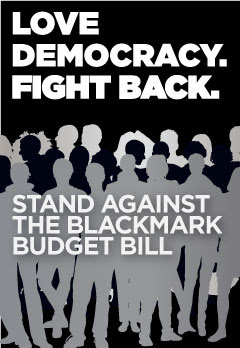I rarely write directly about education these days, now that I am several years into retirement and believe that dwelling upon the past can be unhealthy. Every so often, however, a story comes along that causes me to relive some of the sleazy politicization that continues to erode educational integrity to this very day.
Thanks to a link sent to me by my son, who is now living in Alberta, I read a story reported by CBC about an Edmonton high school physics teacher who has been suspended for giving zeroes on uncompleted assignments or exams:
Lynden Dorval, a physics teacher at Ross Sheppard High School, has been giving the mark for work that wasn't handed in or tests not taken even though it goes against the school's "no-zero" policy.
The thinking behind the policy is that failing to complete assignments is a behavioural issue and marks should reflect ability, not behaviour.
Dorval said he couldn't in good conscience comply with the rule.
Towards the end of my career in Ontario, we were moving toward a similar policy, but at the time of my retirement, many of us were still practising what we called a 'drop-dead date' beyond which late work could not be submitted and would be assigned a zero. However, for me the proverbial line in the sand, one upon which I was never actually tested, was the Ontario Ministry guideline that described plagiarism as a behaviourial issue and that students should be given opportunities to do makeup work.
While some teachers actually provided such opportunities, it was, in my time still only a guideline and not school policy. I vowed to myself that I would never submit to such a stipulation, and fortunately, like the teacher in the Edmonton story, was close enough to retirement to have been able to stay true to my principles had an administrative ultimatum been issued.
And what foundational principle was so important to me that I would have put my job on the line? It was that I would never reward academic dishonesty as if it were a mere slip of judgement, a quirk or peccadillo easily remediated by second and third chances.
And my reasoning was simple: to give makeup chances to errant students was to simply encourage academic dishonesty, since there would be no real consequences for committing what used to be considered a grave academic crime. It also would have mocked the majority of students who were hardworking and earnest in their efforts. That was something I could not live with.
So, as my friend Dom, also a retired teacher, says about those who promote such inane policies, 'educational principles' are now in the hands of the resume-builders, those whose concerns for quality in education are at the very least a distant second, far behind their insatiable appetite for career-advancement.
You can perhaps appreciate why I prefer not to revisit "the good old days' too often.
P.S. If you read the CBC story, be sure to note the student reactions to Lynden Dorval's suspension, especially the first two.




